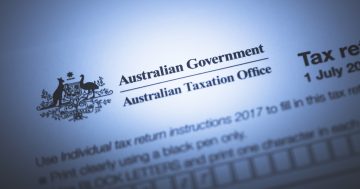 Criminal record reforms to stop minor historical offences from impacting a persons’ employment or housing prospects have been introduced to State Parliament.
Criminal record reforms to stop minor historical offences from impacting a persons’ employment or housing prospects have been introduced to State Parliament.
Attorney-General Jill Hennessy said the Spent Convictions Bill 2020 would remove the unfair barriers faced by Victorians who had previously committed an offence but had since demonstrated their ability to rehabilitate.
“It means that convictions for eligible minor offences will become ‘spent’ and no longer show up in a police check after ten years, or five years for a juvenile conviction, if the person does not re-offend during that time,” Ms Hennessy said.
“The change will reduce the damaging effect discrimination on the basis of old criminal records can have on people – limiting their ability to gain employment, secure housing or undertake volunteer work,” she said.
“These impacts are particularly felt by vulnerable parts of the community who are disproportionately represented in the criminal justice system – such as Aboriginal Victorians and young people.”
Ms Hennessy said that under the Bill, discrimination based on a spent conviction would be outlawed.
“By addressing historical convictions, the Bill will significantly improve Aboriginal Victorians’ access to employment and training opportunities, including in community-controlled organisations,” she said.
“Police and courts will continue to have full access to criminal history information and complete records will still be released when required for certain employers and third parties to make necessary risk assessments – such as checks for working with children.”
Ms Hennessy said the Bill followed the Legislative Council Legal and Social Issues Committee’s Inquiry into a Legislated Spent Convictions Scheme.











